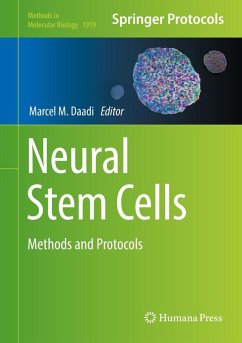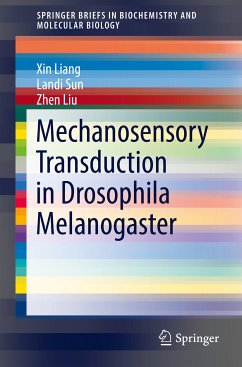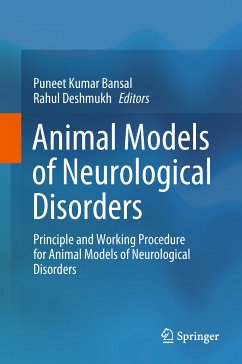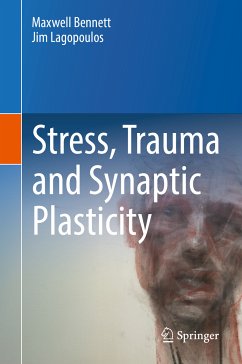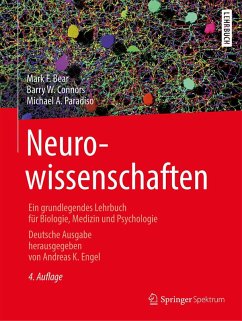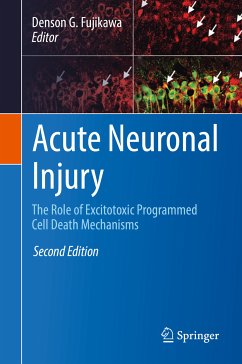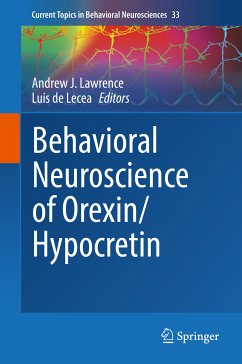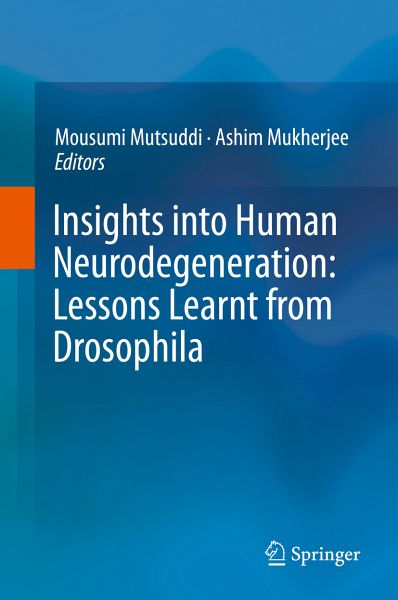
Insights into Human Neurodegeneration: Lessons Learnt from Drosophila (eBook, PDF)

PAYBACK Punkte
36 °P sammeln!
This book is aimed at generating an updated reservoir of scientific endeavors undertaken to unravel the complicated yet intriguing topic of neurodegeneration. Scientists from Europe, USA and India who are experts in the field of neurodegenerative diseases have contributed to this book. This book will help readers gain insight into the recent knowledge obtained from Drosophila model, in understanding the molecular mechanisms underlying neurodegenerative disorders and also unravel novel scopes for therapeutic interventions. Different methodologies available to create humanized fly models that fa...
This book is aimed at generating an updated reservoir of scientific endeavors undertaken to unravel the complicated yet intriguing topic of neurodegeneration. Scientists from Europe, USA and India who are experts in the field of neurodegenerative diseases have contributed to this book. This book will help readers gain insight into the recent knowledge obtained from Drosophila model, in understanding the molecular mechanisms underlying neurodegenerative disorders and also unravel novel scopes for therapeutic interventions. Different methodologies available to create humanized fly models that faithfully reflects the pathogenicities associated with particular disorders have been described here. It also includes information on the exciting area of neural stem cells. A brief discussion on neurofibrillary tangles, precedes the elaborate description of lessons learnt from Drosophila about Alzheimer's, Parkinson's, Spinomuscular Atrophy, Huntington's diseases, RNA expansion disorders and Hereditary Spastic Paraplegia. We have concluded the book with the use of Drosophila for identifying pharmacological therapies for neurodegenerative disorders. The wide range of topics covered here will not only be relevant for beginners who are new to the concept of the extensive utility of Drosophila as a model to study human disorders; but will also be an important contribution to the scientific community, with an insight into the paradigm shift in our understanding of neurodegenerative disorders. Completed with informative tables and communicative illustrations this book will keep the readers glued and intrigued. We have comprehensively anthologized the lessons learnt on neurodegeneration from Drosophila and have thus provided an insight into the multidimensional aspects of pathogenicities of majority of the neurodegenerative disorders.
Dieser Download kann aus rechtlichen Gründen nur mit Rechnungsadresse in A, B, BG, CY, CZ, D, DK, EW, E, FIN, F, GR, HR, H, IRL, I, LT, L, LR, M, NL, PL, P, R, S, SLO, SK ausgeliefert werden.



